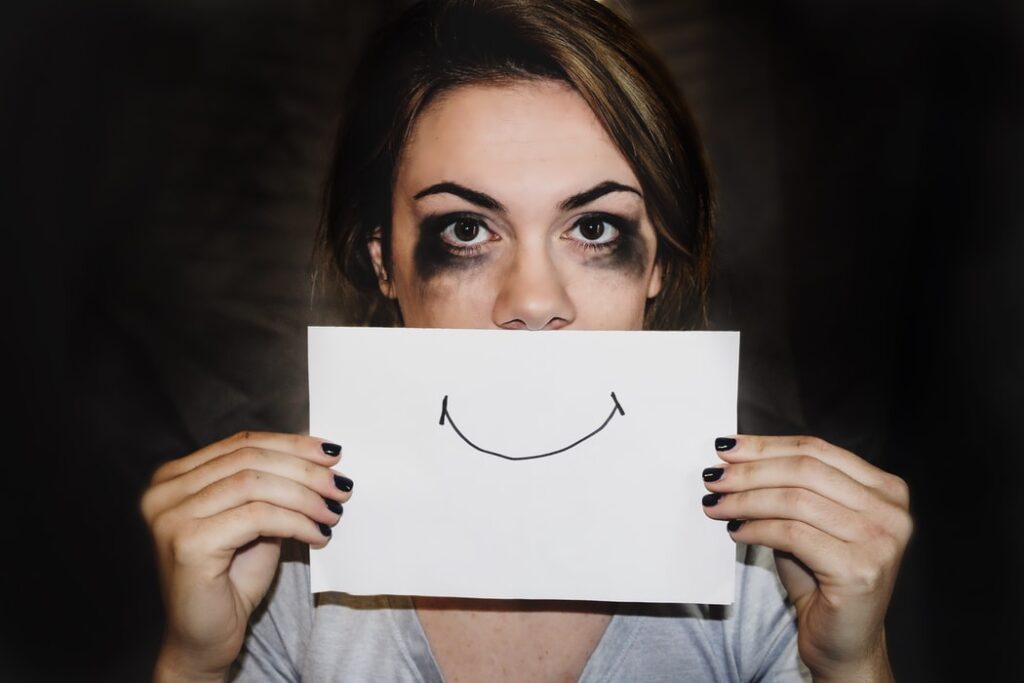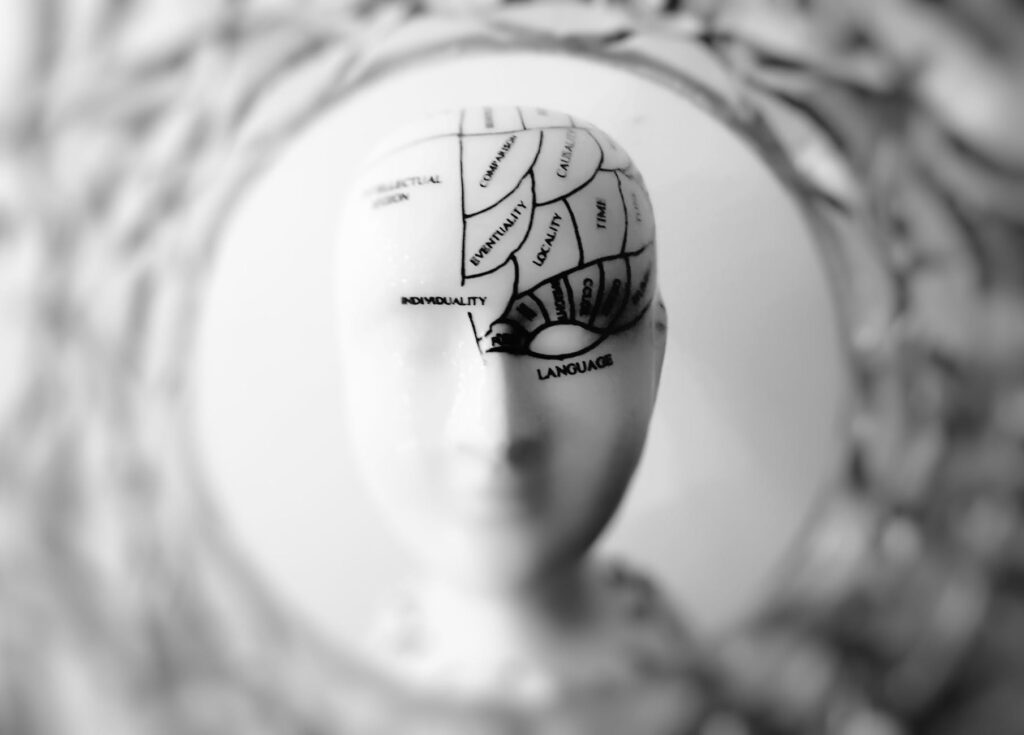When people think of addiction, their mind often goes to the substance itself – alcohol, opioids, meth, cocaine, etc.
Not many people think about the underlying components that actually lead to the addictive behavior. These components can include mental health issues, like anxiety disorders, depression, trauma and Post Traumatic Stress Disorder (PTSD), anger issues, grief, Obsessive Compulsive Disorder (OCD), Bipolar Disorder, and more.
Some people who develop an addiction are already keenly aware that they struggle with a mental health disorder; others are unaware entirely.
When people understand that a co-occuring disorder, like one of the ones listed above, have contributed to their substance abuse, there can be a small feeling of relief. Their thoughts may begin to release some of the shame they’ve been building up over the years: “Maybe this is partly physiological. Maybe I’m not just a bad person.”
If someone has an undiagnosed mental health issue, it can be very, very difficult to overcome their addiction on their own. This is one reason why anyone suffering from an addiction should consider going to a private dual diagnosis treatment center, like The Exclusive Hawaii, even if they’re not diagnosed with any mental health disorder.
Common Mental Health Disorders
Many people are familiar with the names of these mental health illnesses, but they don’t really understand the signs of having one. Let’s dive into a few of the most common mental health disorders and give some overview information on each.
Anxiety Disorders

Anxiety disorders are often characterized by intense anxiety that doesn’t match the situation. These anxious feelings can plague you many times a day, sometimes seemingly at random. Other times, a worry may get caught in your mind and may take over, to the point where you experience a panic attack.
If you’re unsure if you’re struggling with anxiety, ask yourself these questions:
- Does your heart often race?
- Do you sweat a lot?
- Do you often take short, shallow breaths?
- Do you have a hard time focusing and concentrating?
- Do you often get one thought stuck in your mind, and you can’t get away from it?
When you honestly answer these questions, you’ll have a better idea of the degree of anxiety you’re experiencing.
Depression

Depression is another term that’s thrown around a lot, but many people have a hard time identifying if they’re struggling with depression or just being “mopey.”
Depression can be a serious mental health condition, where you have an overall feeling of hopelessness. People who experience depression often get very good at hiding their symptoms from loved ones, so it can be surprising to hear that your friend or family member is working through depression.
If you’re wondering if you may have some symptoms of depression, ask yourself:
- Have you lost interest in some of your favorite things to do?
- Do you tend to isolate yourself away from your loved ones?
- Do you experience mood swings?
- Are you thinking of (or doing) any self-harm?
If you are partaking in self-harm, or have thoughts of suicide, please call the National Suicide Prevention Lifeline at 800-273-8255. Here, people understand what you’re going through and can provide support on what to do.
Post Traumatic Stress Disorder (PTSD)

Someone develops Post Traumatic Stress Disorder (PTSD) after experiencing a traumatic event. This trauma can be from a variety of things: experiencing abuse, witnessing a violent scene, and being in an accident are just a few examples.
If you’re struggling with PTSD, you may experience flashbacks to the traumatic event, sometimes triggered by something you see (if you see a car crash, you may be transported back to your own) or for seemingly no reason.
It’s often hard to realize that we have PTSD, because we try so hard to avoid the difficult memory of the traumatic event. But if you think you may have PTSD, ask yourself:
- Are you experiencing nightmares or night terrors?
- Do you have a more cynical view of the world than you did before the incident?
- Are you avoiding people?
- Do you feel numb to emotions?
Obsessive Compulsive Disorder (OCD)

Obsessive Compulsive Disorder (OCD) occurs when you have an underlying worry that compels you to do repetitive actions.
Many people know of OCD from movies and TV, like the title character on Monk or Sheldon on The Big Bang Theory. While these shows can play up the disorder for laughs, some of the characteristics they show are accurate.
People suffering from OCD often want to not have to do their ritual, but the more they try not to, the more anxiety they feel – which then leads them to create more rituals.
There are different kinds of OCD, specifically there are different fears that people have that drive their habitual behavior. A few common themes are:
- Fear of dirt and germs
- Having a difficult time making decisions
- Needing to have everything organized a certain way
- Thoughts of losing control of yourself around others
If you think you may be struggling with OCD, ask yourself:
- Do you wash your hands more often than your friends and family?
- Do you find yourself counting things often for no reason?
- Do you triple or quadruple check things?
- Does it make you anxious to deviate from your typical routine?
How Do These Mental Health Disorders Affect Addiction?
If someone is struggling with anxiety, depression, or PTSD, they’re trying to work through a lot of very difficult, complicated emotions.
Oftentimes, these feelings of worry, shame, or hopelessness get to be incredibly overwhelming, and they’ll do whatever it takes to numb them. Enter drugs and alcohol.
While alcohol and drugs do offer a temporary escape, it comes at a price. The person can get addicted not only to the substance, but also to the feeling of “getting away from it all.” However, as they use more, their body becomes more accustomed to the drug, and they need to take more and more to feel the same effects. In the worst case scenario, this could lead someone to take too much of the drug and overdose.
If you’re struggling with addiction, or even if you think you may have one of the above mental health conditions, please consult a mental health professional. They can help you see that you’re not alone, and give you tried and true strategies to help alleviate some of the symptoms you’re feeling.
